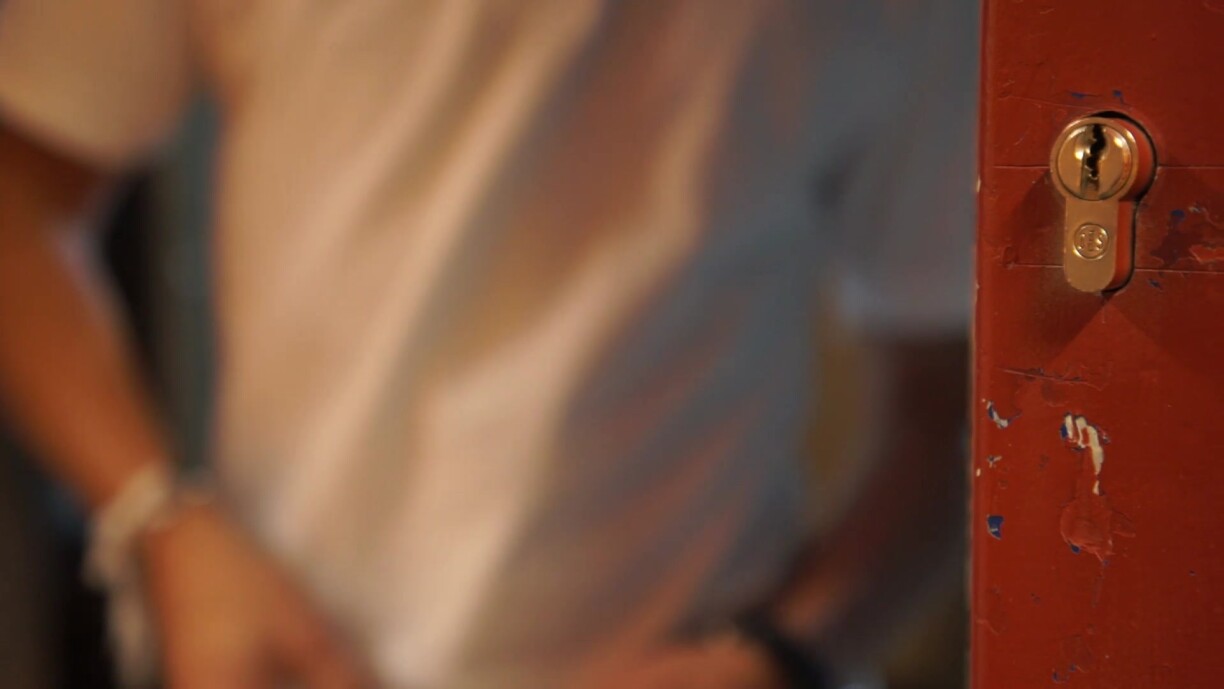
Luxembourg is one step closer to introducing a criminal law for minors. And thanks to a reform of the law for the protection of the children and the youth, the areas of protection and criminal law will be clearly separated for minors. With this “paradigm shift”, the protection of minors in Luxembourg is now up-to-date and in accordance with the obligations set by the UN Children’s Rights Committee, the ministers announced.
The international expert on children’s rights, Renate Winter, who helped draft the bills, stated that the administration and judicial system in Luxembourg are now “finally oriented towards the needs of children and adolescents”.
The new bills ensure that prevention is now the “absolute priority”.
From now on, adolescents can only be held accountable for crimes and misdemeanours once they reach the age of 14. Culprits can potentially be considered “minors” up until the age of 21. In this case, the defendant would be tried according to juvenile penal law and not adult penal law.
Prison sentences for adolescents are less severe. In general, the length of a sentence is always half as long for a minor compared to an adult who committed the same crime.
An adolescent can at maximum be sentenced to ten years in prison. On the other hand, if an adolescent is sentenced to prison, they must serve at least six months.
However, prison should always be a last resort. The prevention work carried out by the National Children’s Office takes priority, Tanson and Meisch stressed.
There is also the option of “alternative sentences”, for instance a curfew. Only when all other possibilities have been exhausted should imprisonment be considered.
The Security Unit (‘Unisec’) in Dreiborn, a closed unit for adolescents, will be increased from 12 to 24 units and will no longer be managed by the Socio-Educational Centre of the State, but instead by the prison administration.
The latter will work in a more decentralised way and will be split up into smaller groups across the country. As for the Socio-Educational Centre, it will from now on focus on the protection of children and adolescents, the prevention of juvenile crime, and the cooperation with families.
In total, the reform comprises three different draft bills.
The ministers hope that the Chamber of Deputies will be able to pass the reform before the end of the current legislative period.